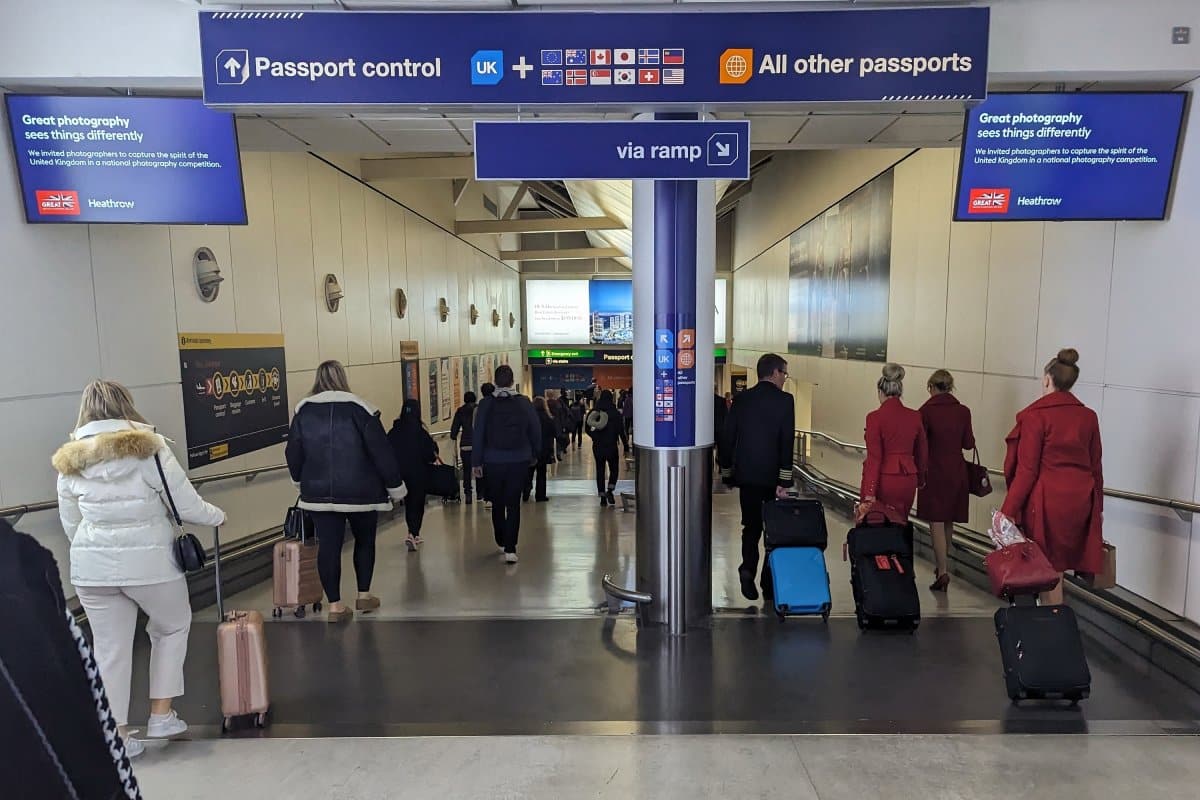Reunite Families UK has launched a legal challenge against the government’s recent substantial increase in the minimum income requirement for family visas, arguing it unlawfully separates families and disproportionately affects women and minorities. Here’s the full story.
UK Government Under Attack

The UK Government has recently been attacked for its recent changes to the minimum income requirement for family visas.
RFUK Launches Legal Challenge

The organisation Reunite Families UK (RFUK) has launched a legal challenge against the government, contesting that the abrupt and substantial increase in the financial threshold required for British citizens and residents to bring their foreign partners or family members to live in the UK is unlawful.
Home Office Announces Income Increase

The Home Office, led by Home Secretary James Cleverly, announced in December that the minimum income requirement (MIR) for family visas would rise significantly.
Significant MIR Increase

Previously set at £18,600, the MIR was increased to £29,000 in April, with plans for further increments to £34,500 in 2024 and £38,700 by early 2025.
Government Strategy
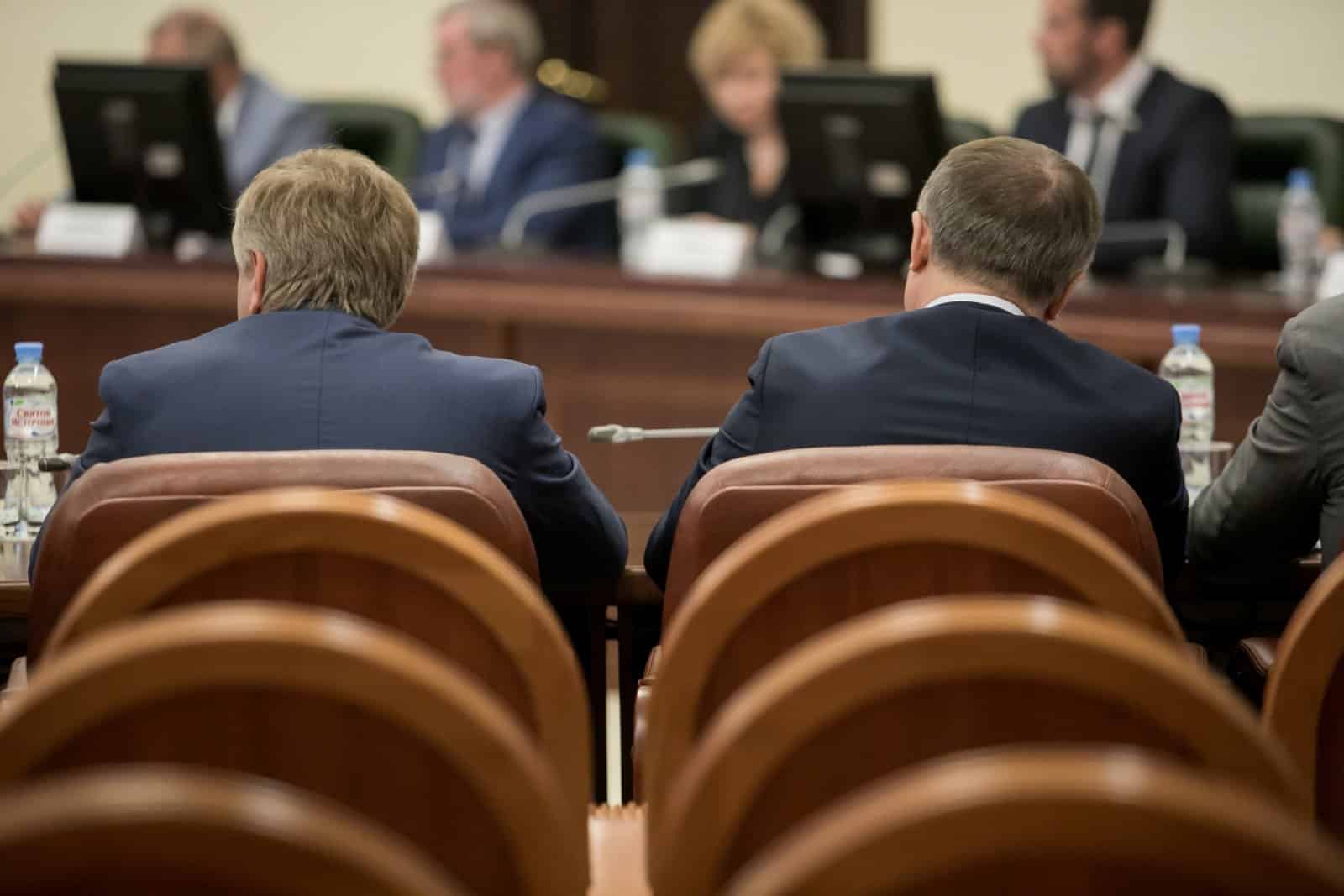
These changes were presented as part of a broader strategy to address what the government described as “unsustainable” levels of legal migration to the UK.
RFUK Argues Unlawful Decision

RFUK’s legal challenge argues that the decision to raise the MIR was taken without proper analysis or consideration of its impacts, particularly on marginalised groups.
Equality Act Breach

The organisation asserts that the new MIR breaches the Equality Act by disproportionately affecting women, ethnic minorities, and young people.
UN Convention Violation

Additionally, the challenge contends that the policy contravenes the UN Convention on the Rights of the Child by potentially separating children from their parents due to the increased financial threshold.
“Complete Surprise to the Community”

Caroline Coombs of RFUK stated, “The increases came as a complete surprise to the community we represent – and at a time when people all over the UK have been struggling with a relentless cost of living crisis.”
Punished by the Government
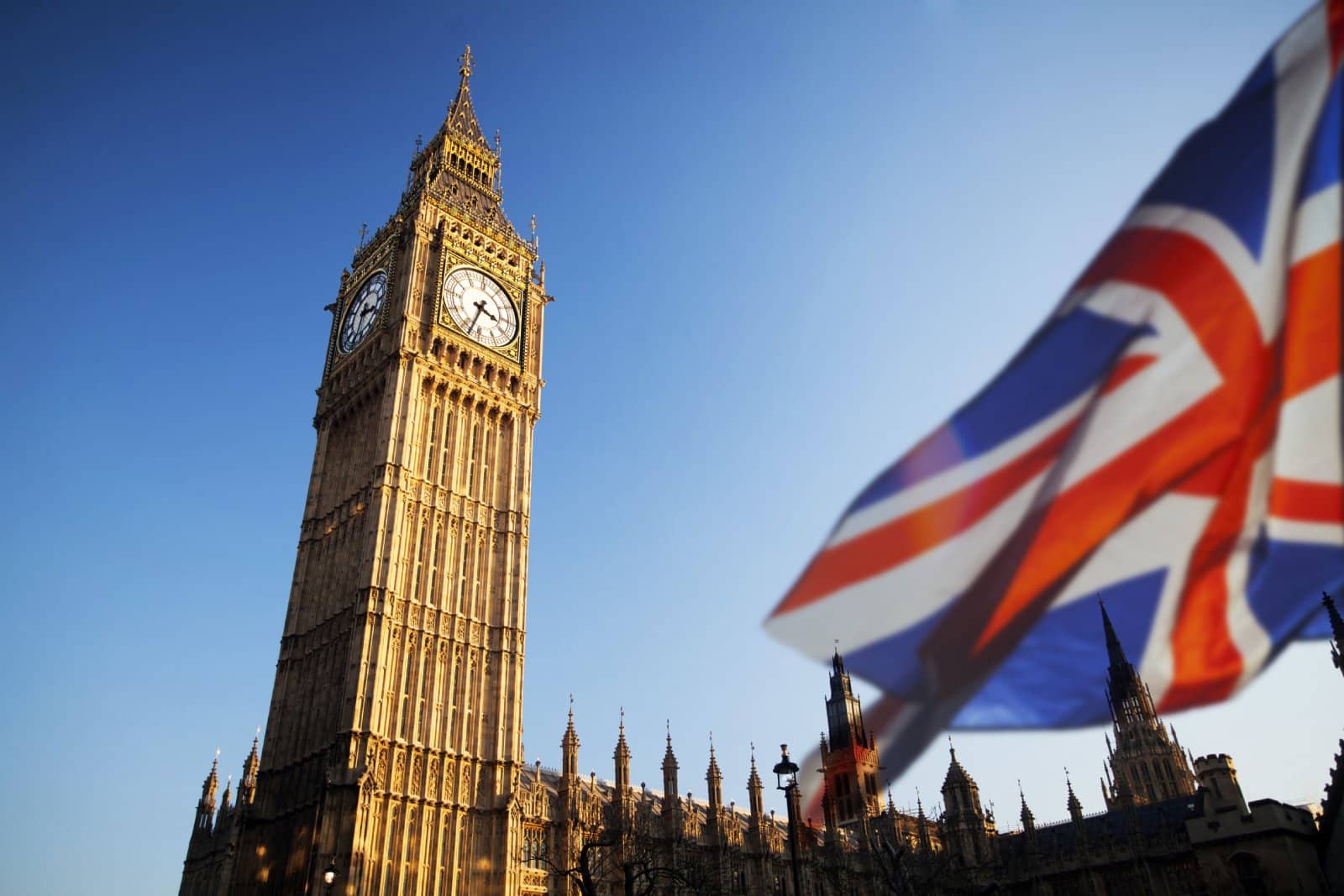
She continued, “Whilst they have been working hard to earn and save enough to sponsor their partner, the government has punished them once again and for many, their dream of a family life together here has been shattered.”
RFUK’s Legal Representatives Criticise

RFUK’s legal representatives, including Tessa Gregory from the law firm Leigh Day, have criticised the Home Secretary’s approach as “cavalier” and lacking proper legal and impact assessments.
“Cavalier Manner”

Gregory stated, “Our client is appalled that a decision of such import appears to have been taken by the home secretary in such a cavalier manner: without proper analysis; and in breach of critical public law duties such as assessing the impact of the decision on protected groups.”
Government Defends MIR Increases

The government has defended the MIR increases as necessary measures to ensure that families are self-sufficient, not reliant on public funding and will not put undue pressure on already stretched public services.
Reforms for Economic Stability

The Home Office stated that the reforms are part of an accelerated program to manage migration levels and maintain economic stability.
Political Tensions Over Immigration
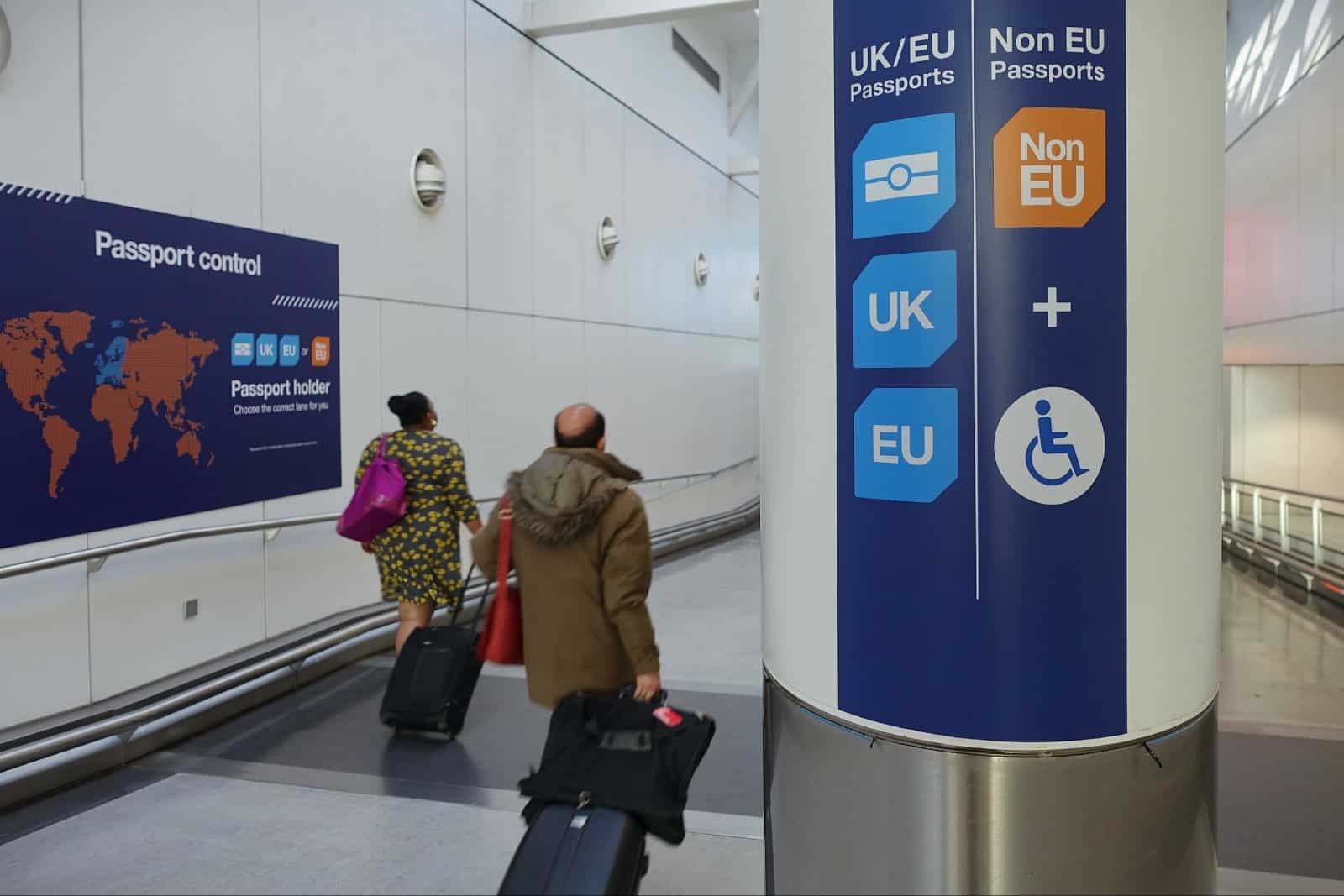
The debate over the MIR increase comes amid broader political tensions regarding immigration policy in the UK.
Scrutiny on Immigration Policies

Prime Minister Rishi Sunak and opposition leader Keir Starmer have faced increased scrutiny and mounting pressure to address rising net migration levels, which reached 685,000 in 2023.
Conservative Party’s Demand

The Conservative party, particularly its right-wing factions, has been vocal in demanding stricter immigration controls, a stance reflected in the MIR policy changes.
Labour Calls for Humane Approach

While indicating broad support for the changes, Labour has also called for a more humane approach to family migration.
Uncertain Outcome of Legal Challenge

The outcome of RFUK’s legal challenge remains uncertain. Still, it underscores a critical tension in UK immigration policy: balancing the need for economic self-sufficiency with the human rights of families to live together.
High Court Case Prompts Debate

As the case progresses through the High Court, it will likely prompt further debate on the appropriate balance between controlling migration and protecting family unity.
Advocates Call for Respecting Rights

Advocates like Josephine Whitaker-Yilmaz from Praxis, a charity that offers services and support to migrants, stated, “It is disheartening to know that courts have to be involved to make sure our rights are respected—including the right to fall in love and live with our families, together.”
Call to Remove “Price Tag off Love”

She continued, “We call on whoever will be our home secretary after July 5th to take the price tag off love as a matter of urgency.”
Ongoing Challenges in Immigration Policy

The legal challenge against the new family visa income requirements indicates the ongoing challenges facing the UK as it struggles with the growing public perception of mass immigration as a problem.
Potential Impact on Families

While both parties look for simple solutions to a problem that has dogged them consistently, leading to the rise of the anti-immigrant party Reform UK, there is a genuine danger that families will be adversely affected and even broken up.
Uncertain Future

It remains to be seen if this latest legal challenge and the public outcry over the proposed plans will lead to a change of heart from whoever takes the keys to Number 10 on July 5th.
25 Things You CAN’T Talk About Anymore

Remember the days when you could freely discuss just about anything without fear of sparking controversy? Well, those days are long gone. In today’s hyper-sensitive world, there are topics so fraught with tension that even mentioning them can lead to heated debates and hurt feelings. 25 Things You CAN’T Talk About Anymore
Stranded: 15 Worst British Cars in History

Ever had a car that spent more time with the mechanic than on the road? A car that turned every journey into a game of “Will we actually get there?” If so, you might just see a familiar face (or should we say, chassis) in our countdown to the most unreliable British car in history. Stranded: 15 Worst British Cars in History
“Britain Will Become Unrecognizable” – Suella Braverman Spells Disaster for UK Amid Steep Rise in Visas Issued

Former Home Secretary Suella Braverman has warned that Britain will become “unrecognizable,” criticizing the amount of work visas the Home Office has approved, despite only being removed from her role in November. “Britain Will Become Unrecognizable” – Suella Braverman Spells Disaster for UK Amid Steep Rise in Visas Issued
20 Things From the ‘70s That Are Not OK Today

Step into the time machine and set the dial to the 1970s, a decade of disco, bell-bottoms, and some rather questionable choices. While the ’70s gave us iconic music and groundbreaking TV, not everything from this groovy era would get a green light today. 20 Things From the ‘70s That Are Not OK Today
20 Best and Worst Universities in the UK
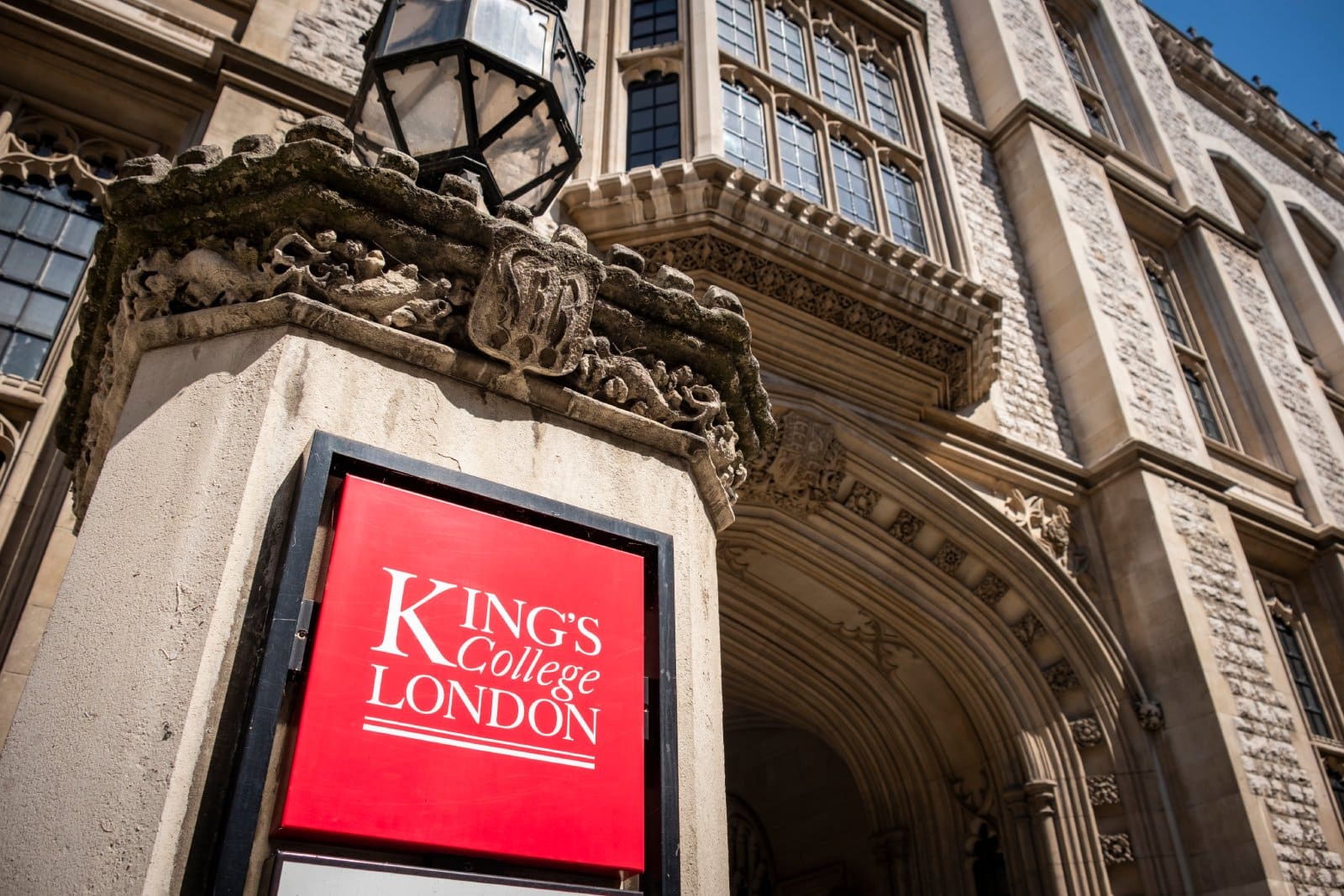
Navigating the UK university landscape is like deciphering a complex code of rankings, reviews, and reputations to uncover where you’ll not just learn, but truly flourish. Whether you’re drawn to the historic halls of Oxford or the creative buzz of Goldsmiths, finding your perfect fit is about aligning your aspirations with the unique offerings of each institution. 20 Best and Worst Universities in the UK
The post Migration Clampdown: UK Families Torn Apart by New Visa Rules first appeared on Edge Media.
Featured Image Credit: Shutterstock / 1000 Words.
Grant Gallacher is a seasoned writer with expertise in politics and impactful daily news. His work, deeply rooted in addressing issues that resonate with a wide audience, showcases an unwavering commitment to bringing forth the stories that matter. He is also known for satirical writing and stand up comedy.

